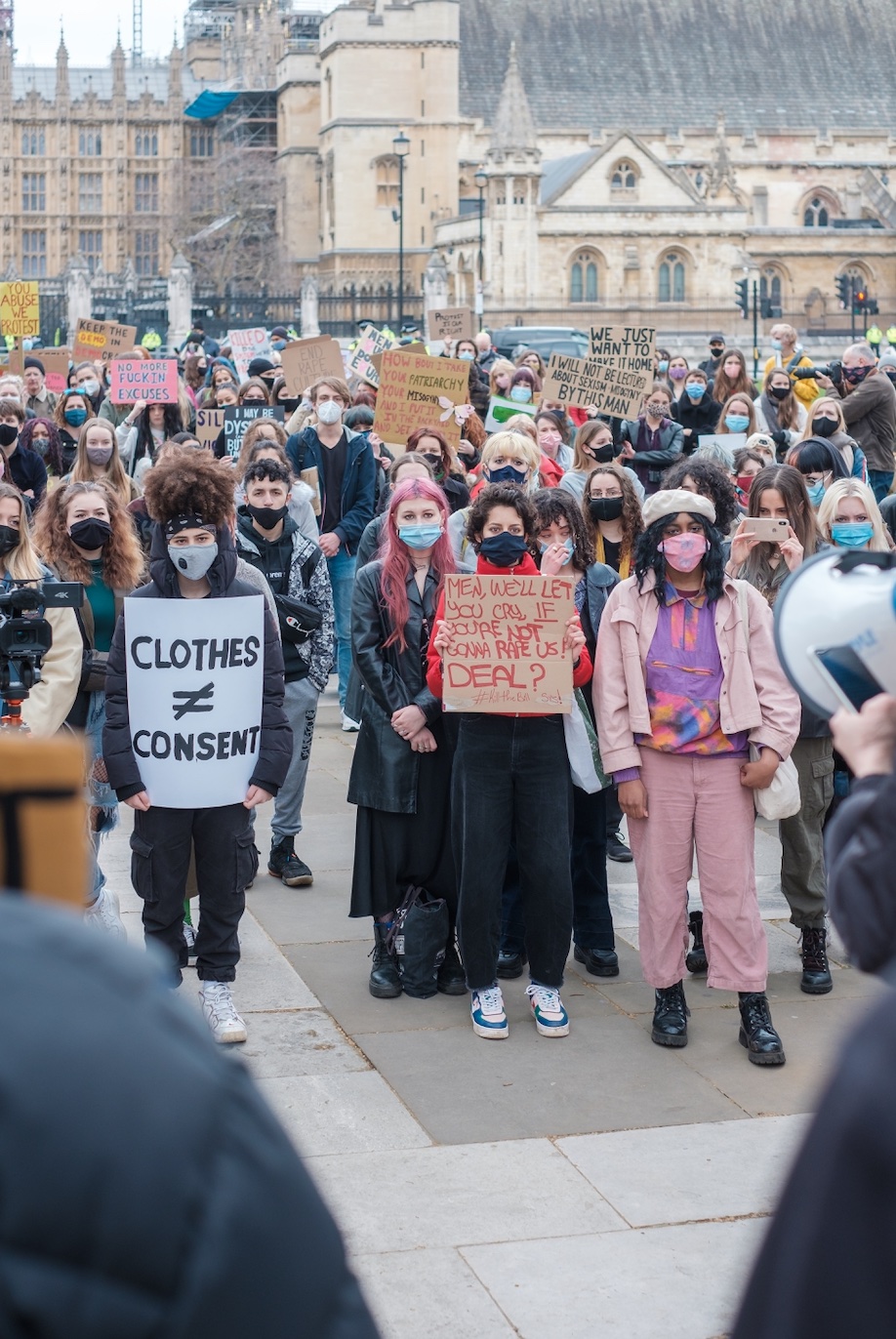If they imply, directly or indirectly, that submitting to their demands is a condition for a promotion, a pay raise or for you to keep your job, that’s a clear case of sexual harassment.
Dallas, TX – A shocking report released in 2018 showed that 99% of sexual harassment cases went unreported. Things have changed since the MeToo movement appeared, but there are still very few employees who dare to speak out against their harassers. One of the main reasons employees don’t say anything is shame. Another reason is fear they won’t be believed and they may not even have a case. A legal case, that is.
If you’re thinking you might have a case, the best thing you can do is talk to some tough Dallas sexual harassment lawyers as soon as possible. They will listen to your story and tell you, honestly, if you do have a case. Texas sexual harassment lawyers can guide you every step of the process, from complaining to your employer to filing a formal complaint with the Equal Employment Opportunity Commission (EEOC) or the Texas Workforce Commission.
What constitutes sexual harassment in Dallas?
There are two types of situations when you can make a sexual harassment complaint.
Quid pro quo refers to those cases when a supervisor or manager is asking you for sexual favors. If they imply, directly or indirectly, that submitting to their demands is a condition for a promotion, a pay raise or for you to keep your job, that’s a clear case of sexual harassment. If you refuse and they retaliate against you by demoting or firing you, this is also illegal. Your sexual harassment lawyers will add a charge of retaliation to that of sex-based discrimination.
Hostile work environment refers to those situations when an employee is sexually-harassed by one or more coworkers. In order to have a case, you will have to prove that the harassment was of a continuous, pervasive nature and was severe enough to interfere with your capacity to perform your job duties.
Let’s say you’re an employee sharing an office with several other guys who regularly share sexist jokes and enjoy watching your embarrassment. Or they listen to music with offensive sexually-charged lyrics and plenty of derogatory terms. This constitutes a hostile work environment even if they don’t actually refer to you using derogatory terms and refrain from making offensive comments directed to you. Your lawyers can easily prove that working in such an environment caused you great mental anguish and that

interfered with your job performance.
How do you prove sexual harassment?
Another important element is proving that your coworkers’ conduct was both subjectively and objectively offensive. In other words, your lawyers will have to show that it wasn’t just you who found that type of conduct offensive, but any reasonable person would have found it offensive.
If you find yourself in such a situation, the first thing you need to do is to make it clear that you consider this type of conduct offensive. They obviously know that, that’s why they’re doing it in the first place, but when you accuse them of sexual harassment they will claim they had no idea their jokes were offensive to you.
The next step is to complain to your supervisor, employer or the HR department. According to the law, you are required to give them the opportunity to take disciplinary measures against your harassers and remedy the problem. If they don’t, you have the right to file a formal complaint with the EEOC and you can seek damages for the emotional suffering.


Join the conversation!